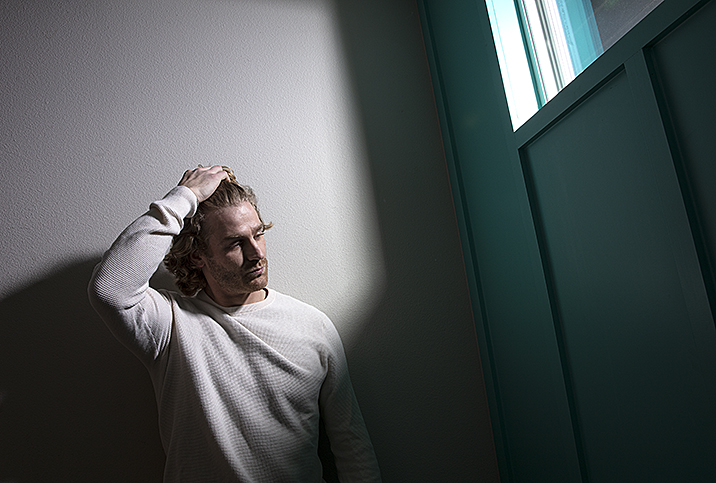How to Deal With a Diagnosis of Genital Herpes

Being diagnosed with a sexually transmitted disease (STD) can be devastating, especially if it’s one for which there is no cure, such as genital herpes. But you’re not alone: More than 1 in 6 Americans between the ages of 14 and 49 have it.
Moreover, genital herpes doesn’t have to ruin your sex life. You will, however, want to take a few extra precautions.
The physical side of genital herpes
Genital herpes is a common STD that stems from the herpes simplex (HSV-1 or HSV-2) virus and is transmitted primarily through skin-to-skin and sexual contact. It remains dormant most of the year but reactivates, often during times of physiological stress, every three to four months.
Herpes can cause painful sores or itching in the genital area. Milder presentations on the genitals include small red bumps or a white scaly rash (also on the buttocks, anus, urethra, mouth and, in women, the cervix), as well as ulcers or scabs. Before the sores or rashes, you may notice flu-like symptoms, which occur very quickly once you’ve been infected. Typically, however, the first manifestation or flare-up is always the worst, and symptoms lessen over time.
Be aware, though, that the viral infection can be spread even without any visible sores or physical symptoms. This goes a long way to explain why one New York study found that up to 90 percent of people with genital herpes have no idea they have it.
Herpes complications
Active sores will increase the risk of contracting and spreading other STDs, including HIV. They can also cause bladder and rectal problems, such as inflammation, and in rare cases, meningitis. Genital herpes can also pose a risk to infected mothers giving birth, as the disease can cause blindness, brain damage and other serious complications for the newborn.
According to the Centers for Disease Control and Prevention (CDC), HSV-2 affects at least 16 percent of women and 8 percent of men ages 14 to 49. It’s incredibly common, and you shouldn’t feel ashamed if you are diagnosed. Despite any perceived stigma, you’re not dirty or bad.
You may also feel anger or distrust toward the person who gave it to you. Given the latency period—it might not cause symptoms for a long time—you may not even know for sure who gave it to you. If you do, it’s possible they didn’t know they had it. If they did, and knowingly had unprotected sex with you, seriously consider whether you want this person as a partner, or in your life at all.
It’s vital to communicate your medical status with partners, recent and new, if you know you’ve been infected, but more on that later.
Take care of yourself
If you have herpes, establish an open relationship with a healthcare professional and learn how to minimize symptoms and stay safe during sex. Your doctor may recommend antiviral medications, which will ease symptoms and reduce the amount of herpes simplex virus shed from your sores during outbreaks. These medications can be taken only when you have an outbreak (intermittent treatment) or daily (suppressive treatment), depending on how often you have symptoms.
Open up to a close friend or friends if you feel comfortable. You may find one of them has been dealing with genital herpes or has had another sexually transmitted infection (STI) or STD, as most sexually active people will at some point in their life. They will be able to offer comfort and also share their own experiences.
Consider joining a support group, which will certainly help you realize the prevalence of genital herpes. You’re sure to pick up new tips for managing symptoms, coping with your feelings and enjoying a great sex life.
How to tell partners
Living with genital herpes does not mean your sex life is over. But it does mean you’ll want to take extra precautions, such as abstaining from sex when you have sores and using condoms to limit the risk of infecting your partner when you do have sex.
Be honest with all partners about your diagnosis. You would want someone to be truthful with you if the roles were reversed. Make sure you know the facts and can explain the risks and precautions properly, so you and any partners can make informed decisions.
Be up front about the fact that the risk of transmission cannot be eliminated entirely. If any partner is suspicious or accusatory, you probably don’t want to be with them. And you know what? Maybe the person you’re dreading telling also has herpes. In which case, if you both have the same strain (1 or 2), there’s no risk of making the situation worse. But please get tested, just to be sure.
















